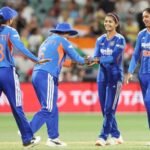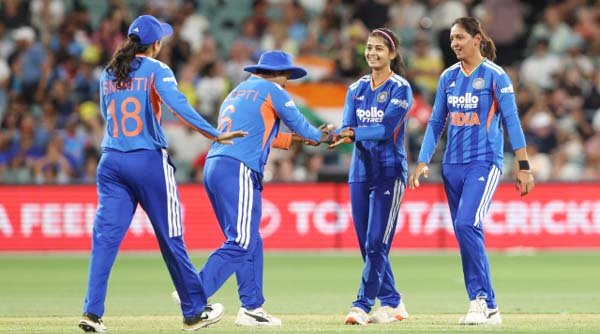New Delhi, July 29 (UNI) The Supreme Court today scheduled a detailed hearing on August 12 on a batch of petitions challenging the Special Intensive Revision (SIR) of electoral rolls ordered by the Election Commission of India (ECI) in Bihar, cautioning that “if there is any mass exclusion, then the Court will step in.”
A bench led by Justice Surya Kant took up multiple pleas filed under Article 32 of the Constitution against the ECI’s June 24, 2025 directive, which initiated a state-wide revision of the voter list ahead of the upcoming Bihar Assembly elections. The exercise is expected to impact over 4.5 crore voters.
While the Court refrained from passing any immediate orders, it directed the Election Commission to submit the complete schedule and timeline for the revision by 10:30 AM on July 30, noting the magnitude and potential consequences of the exercise.
“The Court will intervene if large-scale exclusion occurs”, Justice Kant said.
Responding to concerns raised by Senior Advocate Kapil Sibal, Justice Kant assured the petitioners that the Court was closely monitoring the process. “They do have the right to object. Who said they don’t? The moment there is any deviation from the notification, we will intervene,” he said.
Justice Kant emphasised: “If there is any mass exclusion, then the Court will step in.”
Senior Advocate Prashant Bhushan submitted that out of 65 lakh people, a large majority may be wrongly categorized as deceased or ineligible. Sibal added, “We don’t know who has been left out. Give us a timeline.”
In response, Justice Kant said, “We are extending the time to three hours.”
When Sibal requested more time for arguments — “One day for us, one day for them” Justice Kant replied, “That is not possible. You know the art of precision. No need for repetition by counsels. A practical way is one day for petitioners, one day for the ECI.”
In its affidavit, the Election Commission defended its June 24 order, stating that the SIR aims to enhance electoral integrity by removing ineligible persons. It highlighted that all major political parties were part of the process, having deployed over 1.5 lakh booth-level agents to assist eligible voters.
The Commission argued that eligibility to vote flows from Article 326 and is governed by Sections 16 and 19 of the Representation of the People Act, 1950, and Section 62 of the 1951 Act.
It added that ineligible persons cannot claim voting rights under Articles 19 or 21.
However, the lead petitioner, the Association for Democratic Reforms (ADR), warned that the SIR process grants unchecked powers to Electoral Registration Officers (EROs), potentially resulting in widespread disenfranchisement.
ADR criticised the exclusion of Aadhaar and ration cards from acceptable documentation in the enumeration process, calling it “patently absurd” and lacking justification.
It alleged that Booth Level Officers (BLOs) were signing enumeration forms on behalf of voters, and in some cases, deceased individuals were marked as having verified their details.
The NGO also alleged that many voters’ details were uploaded online without their knowledge or consent, further undermining the legitimacy of the process.
Rajya Sabha MP Manoj Jha, a petitioner, submitted that BLOs allegedly did not visit certain neighborhoods and forged signatures on voter forms.
He also expressed concern that the requirement for documentary proof of citizenship marks a significant and abrupt departure from past practices.
Activist Yogendra Yadav warned that nearly four million voters could be at risk of losing their voting rights under the current SIR mechanism.
The Special Intensive Revision is Bihar’s first such exercise since 2003, and it covers over seven crore voters. BLOs have been tasked with door-to-door verification, aided by pre-filled enumeration forms.
Citizens may also verify their information online. The draft rolls are scheduled to be released on August 1, 2025.
Earlier, a vacation bench headed by Justice Sudhanshu Dhulia had directed the ECI to accept Aadhaar, Voter ID, and ration cards as valid identity proofs and allowed the ongoing process to continue, pending further orders.
Despite claims by the ECI that the revision was based on concerns raised by political parties, the petitioners contend that no major party demanded a complete overhaul of the rolls.
Rather, the concerns centred on fictitious entries and wrongful deletions, particularly of opposition voters.
The Supreme Court will now hear detailed submissions from both sides on August 12, with the focus on the constitutional validity of the SIR process and its impact on the right to vote, a fundamental facet of Indian democracy.











